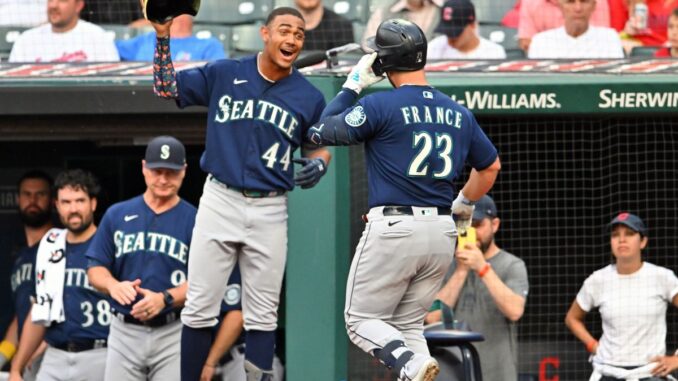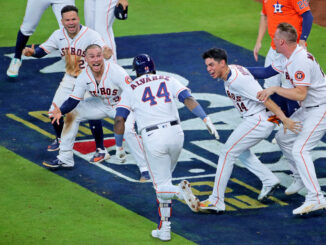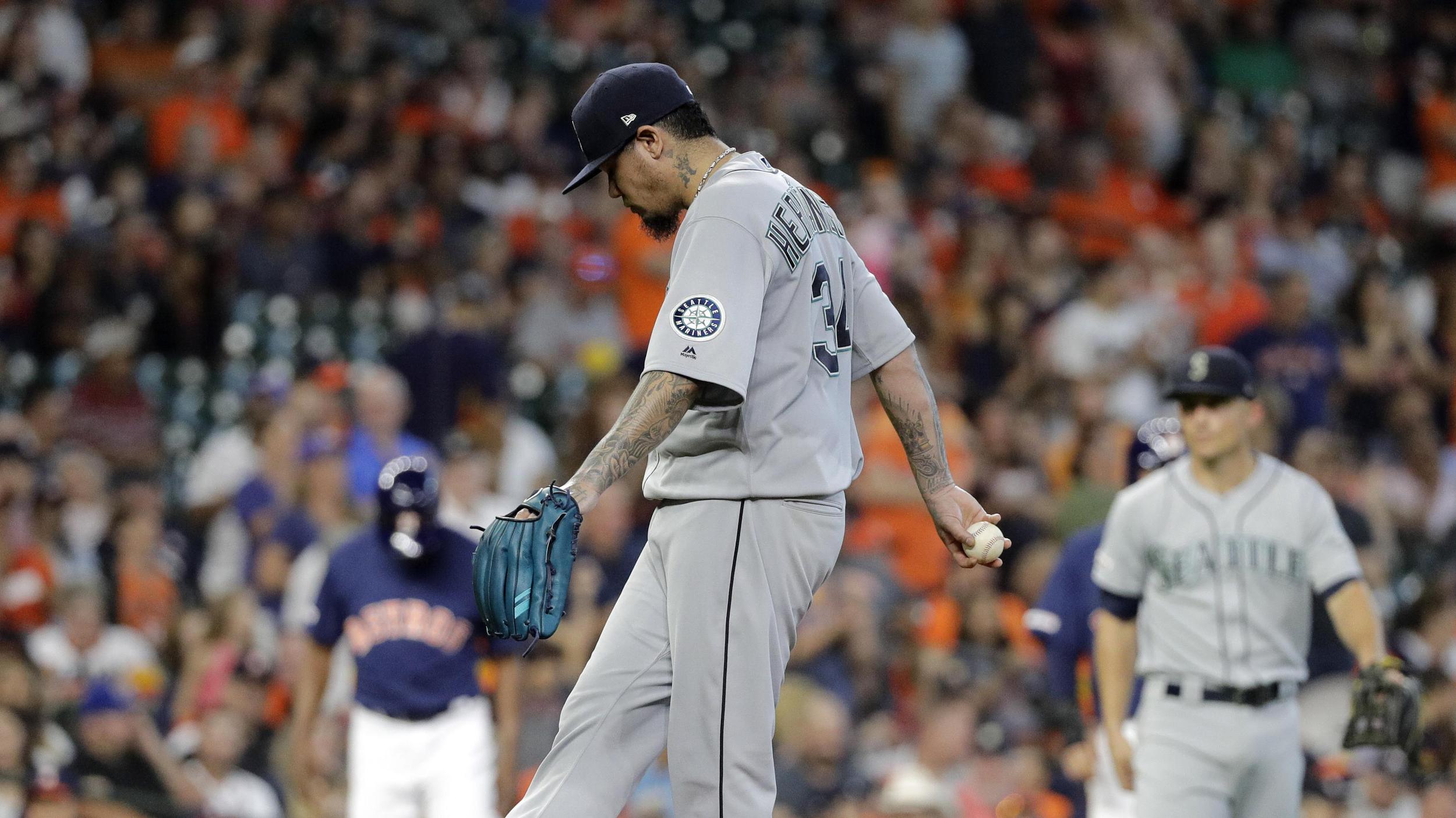
After losing to the Los Angeles Angels on June 19th, the Seattle Mariners’ chance to make the playoffs fell under 4%. They went on to win the next 22 out of 25 games. After that win streak, their odds jumped to 80% of making the playoffs and peaked at 99%. After their amazing 116-win season in 2001, Mariners fans have been desperately awaiting a playoff run, which is the longest drought in baseball. Last year, there was a glimmer of hope going into the last week, yet coming up a few wins short. This year, the Mariners re-tooled their lineup.
They signed Eugenio Suárez and called up phenom Julio Rodríguez, who has slugged his way to a 20/20 season and is on his way to a 30/30 season. Mid-way through the season, the Mariners traded for star pitcher Luis Castillo, first basemen Carlos Santana and Jake Lamb, and catcher Curt Casali to bolster the team further. You can see that Seattle management knows that this is the time to push to make the playoffs.
What got Seattle to this point? Their offense has been the most productive in the league for the salary they get paid. For example, the Chicago White Sox features some of the best young talents in the majors, between Luis Robert, Eloy Jimenez, and others. They have put up 15.8 offensive wins above replacement, otherwise known as oWAR. Their payroll this year is $112 million. The Mariners have put up 19.8 oWAR with almost a quarter of the White Sox’s payroll, at $38.7 million. Julio Rodriguez, Cal Raleigh, and Ty France all make under $2.1 million this year and have posted an OPS+ of at least 123. Adding Eugenio Suarez and Jesse Winker to that mix bumps that salary to about $22 million, which completes their offensive output for the year. This inexpensive talent adds up to the fifth-best offense in the AL.
Before we get too excited, there is one glaring issue with the Mariners. While they traded for the best available pitcher in Luis Castillo, their pitching staff still needs some help. The Mariners staff have given up the fifth most home runs in the AL. Coupled with this, they give up the highest fly ball and the lowest ground ball rates. Why is this happening? Simply put, the harder throwers in your staff, the more susceptible you are to fly balls. Flamethrowers like Luis Castillo, Matt Brash, and the league leader in velocity, Andrés Muñoz, rely on their “stuff” to strike out hitters. The problem is that hitters are more susceptible to popping up the ball than grounding out.
Why do I bring this up? As it stands now, the Mariners would face either the Tampa Bay Rays or the Toronto Blue Jays. The Rays are anemic in their offense, so I can see the Mariners beating them in a series. The Jays may be tougher, as they feature Vladimir Guerrero Jr, Matt Chapman, and Bo Bichette, all with great home run tendencies, but ultimately I can see the Mariners winning here too. If the Mariners get to the next round, it would be against either the New York Yankees or the Houston Astros. Both teams lead the AL in homers, with the Yankees leading the entire league. This is not a surprise, as the Yanks feature Aaron Judge, the league leader in home runs. How can they fix it? It’s not as easy as telling your strikeout guys to throw more offspeed. You can limit the number of runs scored, though. Keeping the ball down while runners are on base will be pivotal in this series. Castillo has been around long enough to know how to do this, but Brash and Muñoz are very young.
To succeed in the playoffs, the Mariners must limit the home runs. Between Julio Rodriguez and the Mariners hitters, the offense is talented enough to put runs against the best pitching in the league. As long as the green pitching staff can keep the ball in the park, we could see the Mariners play well into October.



